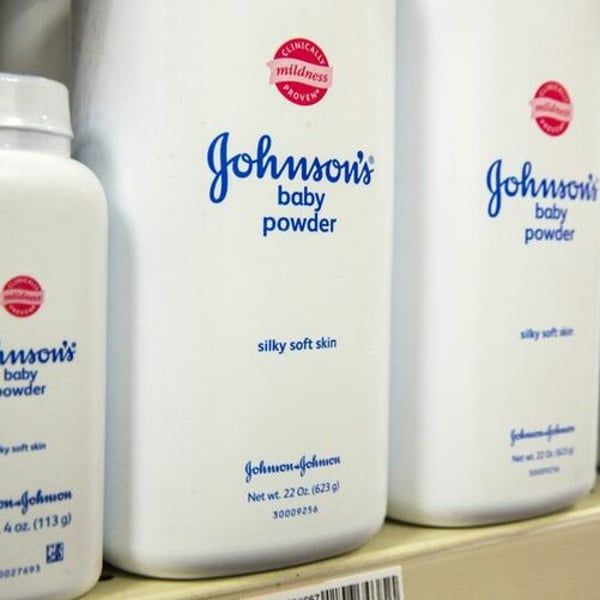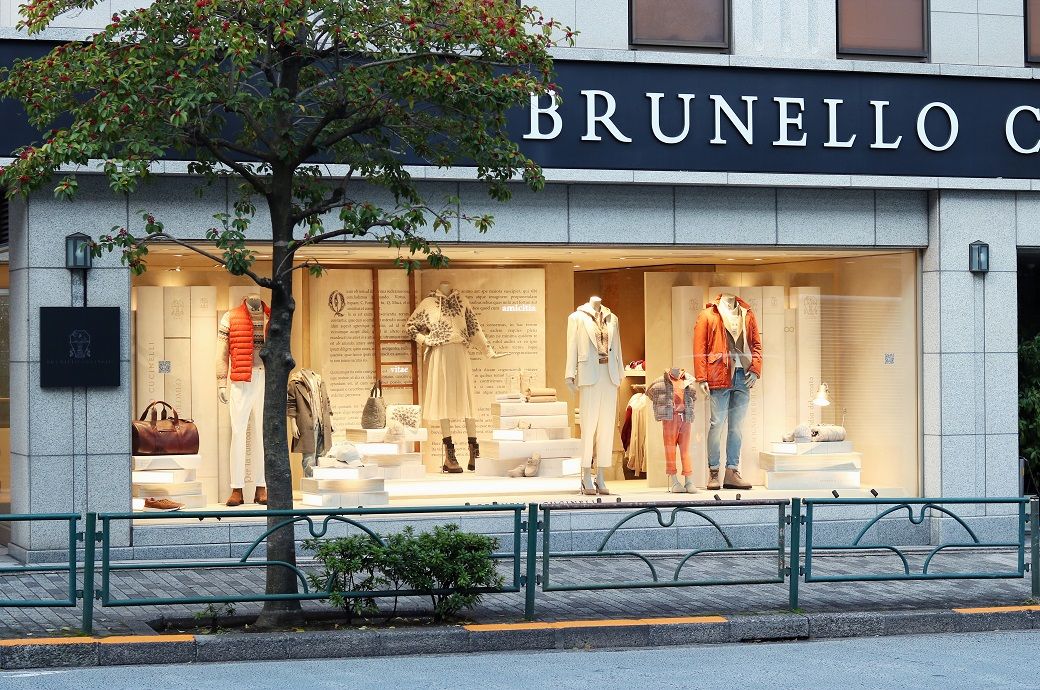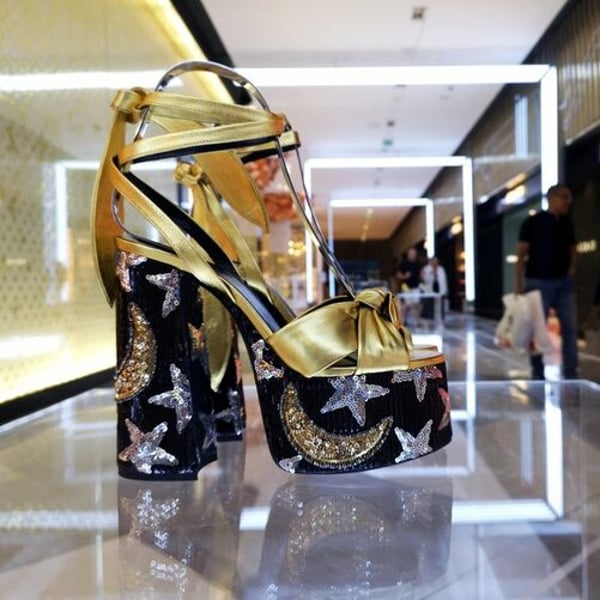By
Reuters
Published
January 1, 2024
A federal judge said Johnson & Johnson shareholders can file as a class action their lawsuit accusing the company of fraudulently concealing how its talc products were contaminated with cancer-causing asbestos.
U.S. District Judge Zahid Quraishi in Trenton, New Jersey, on Friday allowed shareholders from Feb. 22, 2013, to Dec. 13, 2018, to file their securities fraud claims as a group.
He rejected J&J’s argument that any class period should be at least one year shorter because some events that allegedly caused its stock price to fall did not contain “new” information.
J&J’s talcum powder products include its signature baby powder. The company stopped selling talc-based baby powder globally this year and switched to using cornstarch as the main ingredient. It has said its talcum powder products are safe and asbestos-free.
“Johnson & Johnson always strives to provide truthful and complete information,” Erik Haas, J&J’s global vice president of litigation, said in a statement. “We will continue to vigorously litigate cases that question the safety of our product or the accuracy of our public statements.”
Attorneys for the shareholders, including the lead plaintiff, the San Diego County Employees Retirement Association, did not immediately respond to requests for comment.
Class action lawsuits make it easier for shareholders to recover more money, at a lower cost, than if they sued individually. A longer class period could increase the amount recovered.
Shareholders said J&J’s stock price fell six-fold in late 2017 and 2018 following events that confirmed how the New Brunswick, New Jersey-based company and several executives hid the truth about asbestos in its safety products. talcum powder.
These events included a jury awarding $4.69 billion in July 2018 to 22 women who said asbestos caused them to develop ovarian cancer, and a Reuters report five months later that said J&J knew about the risks of asbestos for decades.
J&J said the six events could not have affected its stock price because none contained new information that “corrected” its earlier disclosures.
He said the only new information from the verdict was that jurors accepted the women’s arguments and that the 56 internal documents mentioned in the Reuters report were already public.
Quraishi was not convinced. Addressing the Reuters report, he said its “careful analysis” and provision of “necessary context” made it more than a repetition of “outdated information.”
The stock price fell 10% on the day the report was published.
J&J also faces massive tort litigation spanning more than 50,000 lawsuits over its talc products.
Courts have rejected two attempts by the company to use the bankruptcy process to limit its exposure to talc litigation.
© Thomson Reuters 2024 All rights reserved.












